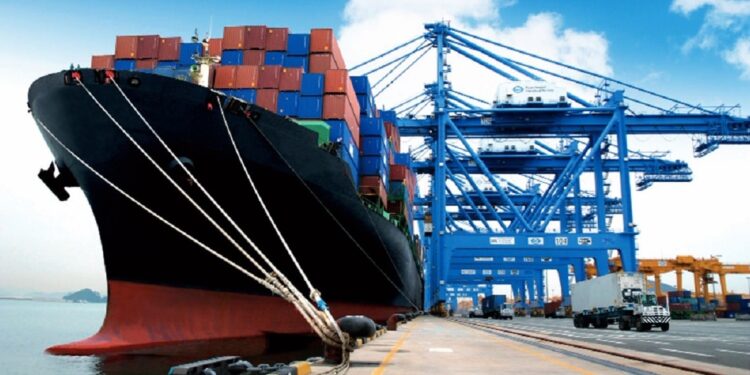The Tunisian food trade balance recorded a surplus of 683.2 million dinars at the end of August 2025, against 1605.6 MD in the same period in 2024, according to the National Observatory of Agriculture (UNAGRI). The coverage rate fell to 115.7% against 135.5% last year, reporting an increasing imbalance between exports and imports.
Strong decreased exports
Food exports dropped by 18%in value, penalized mainly by olive oil (-29.2%), dates (-12%) and fishing products (-4.1%). The average price for exporting olive oil fell sharply, at 12.83 DT/kg, a decrease of 52.3% compared to 2024, illustrating the vulnerability of this flagship product of Tunisian agriculture.
Conversely, some products experience a price increase: fishing products (+5.1%), dates (+2.6%), tomatoes (+13.4%) and citrus (+24.9%), strengthening the heterogeneity of export performance.
Food imports fell 3.9%, mainly thanks to the drop in grain purchases (-19.8%) and sugar (-45.1%). However, some raw materials have seen their prices increase, such as barley (+6.5%), corn (+9.7%), vegetable oils (+15.7%) and milk and derivatives (+13.1%). These fluctuations complicate costs for industrialists and accentuate pressure on trade balance.
A trade balance under tension
The evolution of the food balance reflects an imbalance between production, price and international demands, with a sharp excess decrease which alerts the dependence of Tunisia to its flagship exports such as olive oil and dates.
The situation also highlights the importance of diversifying markets and improving the added value of agricultural products to stabilize export revenues.








